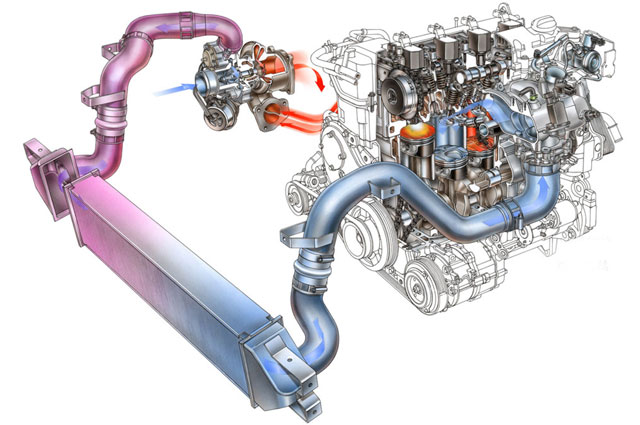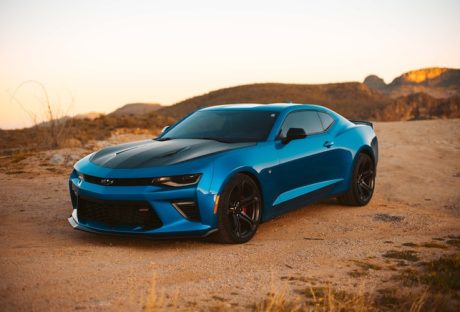Ever wondered why so many people opt for leasing a car? In essence, a leasing contract these days can be flexible and even economical, if you know how to properly customize your contract and make it fir your financial situation.
During the last few years, leasing has grown significantly in popularity. With that growing popularity, there are a number of new options now for consumers. The problem is, most people still don’t know about these options.
Read also: Tips to Keep Your Kids Safe in a Car
Make a Number of Deposits and Reduce Interest Rates
In most contracts, your security deposit is equal to your monthly payment rounded up to the closest 50 dollars. Let’s say you’re monthly payment is 525 dollars. In this case, your security deposit will be 550 dollars. Now, if you agree to pay more than two refundable deposits, the leasing company will reduce the interest rate, because they figure that their risk is lower. However, not all leasing programs have this option, so it’s best to check with the company yourself.
Continue Leasing until You’re Ready for a New Car
At the end of their contract, some people go into “panic mode” because they are not sure what car they want next. One option is to keep the car on a month-to-month basis, until you decide whether to buy the car you’re leasing or opt for a new one. We should point out that this a short-term solution, so don’t get carried away. Nonetheless, it will give you some additional time to think about the next car.
Transfer the Lease Before the Contract Ends
Around 80% of leases can be transferred with no strings attached. But some companies out there require you to keep some liability for the vehicle. This means if anything happens, you as the original leaseholder will be held accountable – so you can end up paying for additional mileage. With that being said, this option is good if you find yourself in the situation where you need to end your lease.
Adapt Your Mileage to Suit Your Personal Needs
If you’re afraid you’ll end up driving more miles than the contract says and paying additional money to the leasing company – which is one of the main concerns when people think about leasing – you shouldn’t worry too much. Before, the cheaper option was to buy miles upfront than it was to pay the so-called penalty miles later. Today, you can easily see the same costs for both up front and backend miles.
The Bottom Line
And there you have it – a few leasing strategies that will help you get a better deal on your new car. If you want to know more about leasing, browse the Internet for a few hours or go down to your local dealership to get familiar with your options a bit better.
Read also: Will Self-Driving Cars Replace Human Error?






















